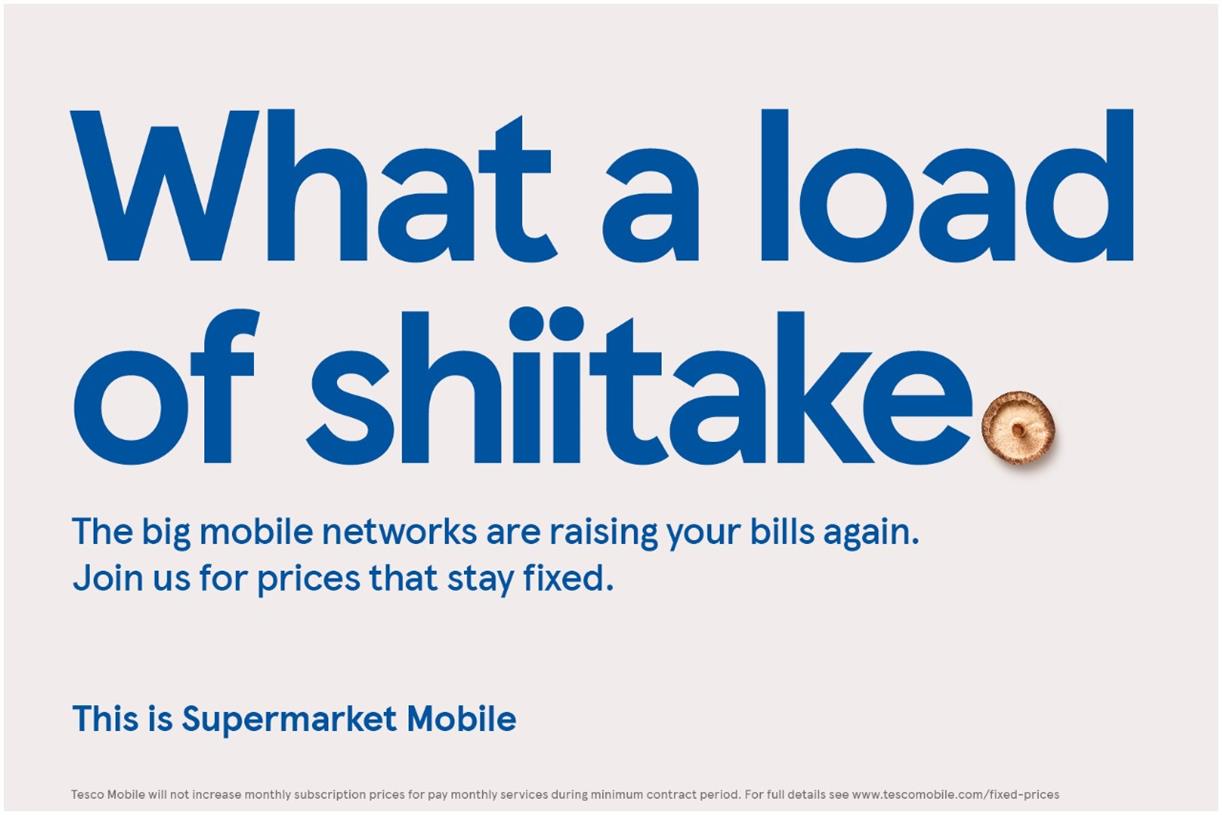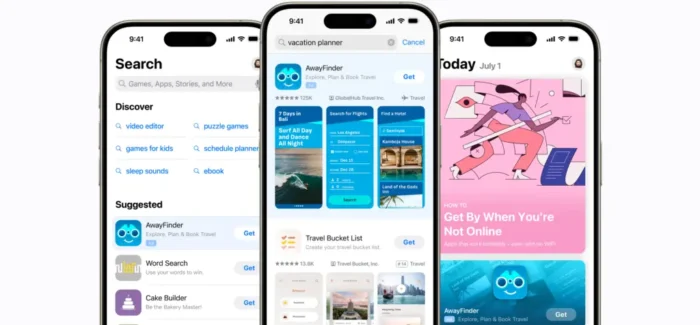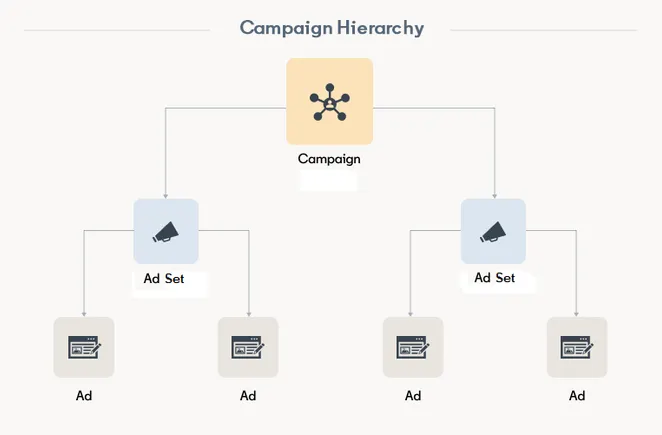Serving Up Success: SEO Strategies for Restaurants
When it comes to marketing for restaurants, SEO isn’t just an optional strategy; actually, it’s an essential component of the general digital marketing approach. With location and proximity being such important factors in attracting customers to restaurants, SEO can...

When it comes to marketing for restaurants, SEO isn’t just an optional strategy; actually, it’s an essential component of the general digital marketing approach. With location and proximity being such important factors in attracting customers to restaurants, SEO can be the determining factor in a restaurant’s success or failure in the digital age.
This time, we will discover how restaurants can enhance their online visibility, attract more customers, and remain competitive in the digital space by implementing the right & tailored SEO strategies.
Is It Possible to Make Your Restaurant Stand Out on Busy Search Engine Results?
The quick answer is a big “yes.” However, we will discover a detailed response with examples.
First thing first: Do your keyword research and wisely collect the keywords used to search for restaurants like yours (P.S. Remember to check out the best keyword research tools.) Once you discover what keywords you target, use them throughout your website content, including your menus, blog posts, and social media pages. And do not hesitate to utilize the said keywords to create the title tags and meta descriptions on your restaurant’s website.
For instance, in case you run a Mexican restaurant, targetting keywords like “Mexican food,” “tacos,” “burritos,” and “enchiladas” is a good call.
Secondly, define your goal of optimizing your website for search engines. If you want to improve your brand reputation, you might focus on highlighting the quality of the ingredients and the unique dishes; if you want to offer a smooth user experience, you might invest in a user-friendly website with easy online reservation options. Ultimately, it’s important to consider all of these factors and choose the approach that best aligns with your specific goals and audience.
Another widely-known and easy step is building backlinks from related & reliable websites. Since these links act as a signal to Google that your website is credible and trustworthy, it is possible to get a better result with the help of that move. And, get backlinks by guest blogging, participating in online forums, and submitting your website to directories.
And… Let money talks – in other words, run paid advertising campaigns. This kind of digital marketing allows you to reach a wider audience and drive traffic to your website via Google Ads, Facebook Ads, and other social media platforms.
For example, by sticking tight to your keywords, you can create a Google Ads campaign targeting people searching for “Mexican food near me.”
Now that we’ve covered SEO practices that apply to all businesses, let’s take a deeper look at the issue and examine what you can do for restaurants.
Topnotch SEO Strategies for Restaurants
No doubt that countless dining options are at the tip of our fingers and it’s crucial for restaurants to not only serve good dishes but also guarantee that they’re smoothly discoverable on the web. The way to do that is to take advantage of digital marketing strategies for restaurants.
From optimizing your menu for search engines to leveraging local SEO practices, here are tips to help you to catapult your restaurant to the forefront of search results and diners’ minds.
Claim Your Google My Business Page
Given the shift towards online search for dining choices and the trust placed in Google’s local listings, having an updated Google My Business profile is paramount for any restaurant seeking success in the digital market.
Having a bold spot in local searches, thanks to GMB, means more eyes on your restaurant, resulting in more traffic. It’s not just about online visibility, though; GMB allows you to provide customers with key details including operating hours, contact info, and more. Even you can take orders for delivery and pickup in addition to answering their questions in real time.
GMB also serves as a hub for customer reviews to build trust and direct engagement. What’s more, the platform offers valuable insights into customer interactions, enabling you to refine your marketing tactics.
And the cherry on top? This robust online presence doesn’t cost a dime.
Take Advantage of Microformatting
Let’s get back to basics: Microformatting, also known in the realm of SEO as “schema markup” or “structured data,” provides search engines with a deeper dive into your website’s content, services, and more. At its core, it’s like delivering Google a roadmap to the most essential parts of your website, guaranteeing that when someone is seeking a restaurant, yours stands out in the search results.
When it comes to SEO practices for the food industry, microformatting is much more than adding a name, menu, and location. Imagine a potential diner sees your star-studded reviews, today’s special, or even a signature dish’s price – all directly from their search query. If you have any special events or limited-time offers, microformatting ensures that these promotions don’t go unnoticed. Are you hosting a live band? Have a delicious dessert deal? Let people know with ease.
Even though the thought of navigating HTML tags and coding might seem overwhelming, there are modern & trendy tools and plugins that make the process a lot simpler – such as WordPress. With microformatting, you can shine a spotlight on your restaurant and make sure your standout features and promotions are easily visible to potential customers. It’s like guiding them right to your doorstep at the moment they’re deciding where to go.
Be A Part of Google’s Local Guides Program
Another tip for boosting your restaurant’s digital presence and reputation? Be actively involved with Google’s Local Guides Program!
It’s no secret that in today’s online landscape, building a strong sense of community is essential, regardless of what kind of business or industry you’re working in. And well-known community-driven initiative by Google Maps, Google’s Local Guides Program is a great platform for doing that.
Participants – your customers, – known as Local Guides, help by writing reviews, uploading photos, answering questions, adding or editing places, and even verifying information to improve the accuracy of Google Maps. And good news: Local Guides are often perceived as more genuine and credible compared to anonymous reviews.
Additionally, regular contributions and reviews from Local Guides can positively influence local search rankings, making your restaurant more discoverable.
As a restaurant owner, you can encourage individuals to contribute to enhancing the information and overall experience on the platform; and these contributions get showcased to users on Google Maps and Search.
Keep Your Info Updated & Make Your Menu Accessible
We all agree that well-known platforms like Zomato, Yelp, and TripAdvisor can influence your restaurant’s online visibility, so, it is critical to ensure your menu is up-to-date. Similarly, search engines pick and list websites providing up-to-date, easy-to-access, and relevant info.
In addition to helping you get better search rankings, up-to-date and text-based menus can be crawled and indexed by search engines, making specific offerings searchable and attracting potential visitors looking for particular things. At that point, it’s recommended to remember outdated online menus may lead to negative reviews since it makes customers feel misled if they expected a particular dish or price.
It’s also a good call to reflect your promotions, offerings, and seasonal changes promptly on online menus can attract customers looking for something new or unique. Accurate pricing, providing the same offerings with the menu, and listing accurate ingredients to prevent potential health issues for customers are other key elements.
Focus on Reputation Management
When potential diners search for dining options, their first impression often comes from online reviews and ratings. The reviews on Google not only influence people’s decisions but also play a significant role in local SEO due that the search engine evaluates the quality & quantity of reviews for rankings. Positive reviews are the key elements of digital word-of-mouth marketing, boosting a restaurant’s visibility. In contrast, negative feedback, in case not promptly addressed, can rapidly degrade a restaurant’s online presence.
On the other hand, responding to reviews – both complimentary and critical – shows a commitment to customer satisfaction and can give an establishment a competitive edge. This engagement aligns with customer expectations in today’s digital age, where a bold online reputation is intricately linked with improved SEO outcomes, driving more traffic and, subsequently, revenue.
Check Please!
Navigating the culinary world today means more than just crafting delicious dishes—it’s about making sure you’re seen in the vast digital landscape.
Effective SEO strategies for restaurants offer a much-needed edge, driving more diners through the door and boosting bookings. But let’s face it, diving into the SEO world can be a tad overwhelming, especially when you’ve got a kitchen to run and customers to please. Check out the best SEO agencies around, and let them take your restaurant’s digital presence from good to great. Need a more specific address? Here is our comprehensive list of restaurant marketing agencies.
Cheers to serving both great food and a standout online presence!

 Tfoso
Tfoso 












2.jpg)




















